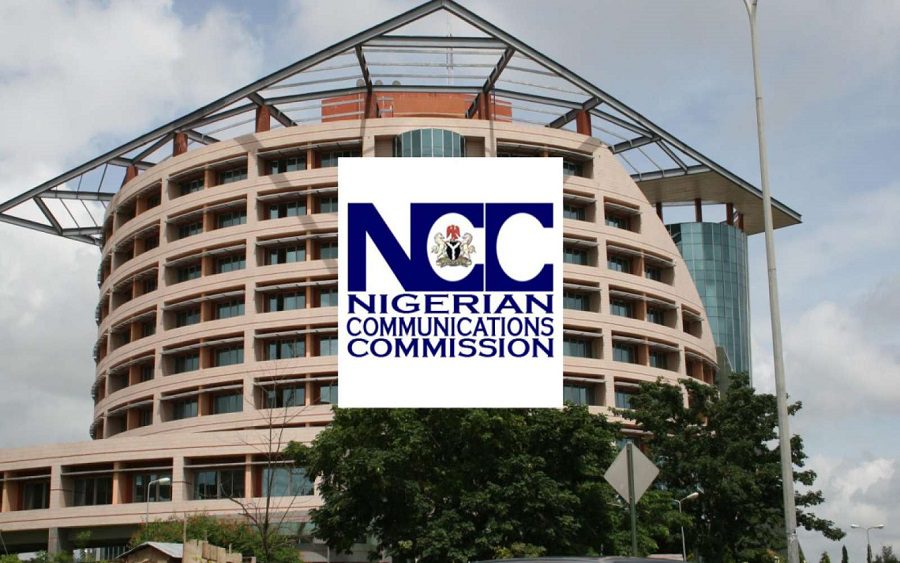
NCC: A toothless watchdog or a silent accomplice in telecom exploitation?
By Blessing Emmanuel
In recent developments since the 50% hike approved by the Nigerian Communications Commission (NCC) in telecommunications tariffs, lots of debates and changes have been ongoing among subscribers, challenging the authority of the NCC in regulating the telecom industry and protecting consumer interests.
Established under the Nigerian Communications Act of 2003, the NCC is empowered to regulate tariffs and ensure fair pricing within the telecom sector. Section 108 of the Act mandates that individual license holders must obtain the Commission’s approval before imposing any tariffs or charges for services.
On 20th January 2025, the NCC approved a 50% tariff increase for telecom operators, this move that has been met with mixed reactions is one that had not happened in over a decade.
While operators had initially sought a 100% increase, the NCC settled on a 50% adjustment, citing the need to balance operational costs and service delivery.
The Commission also highlighted that tariff rates had remained unchanged since 2013, despite increasing operational costs.
Despite the regulatory framework, there have been instances where telecom operators have implemented tariff increases without prior approval. For example, MTN Nigeria recently increased the price of its 15GB weekly data bundle by 200%, a move that was not sanctioned by the NCC. Following public backlash and intervention from consumer rights groups, MTN apologized and reversed the hike.
The recent tariff hikes have led to public dissatisfaction, with many Nigerians expressing concerns over the affordability of telecom services. The Nigeria Labour Congress (NLC) has rejected the 50% tariff increase and announced plans for a nationwide protest, labeling the hike as “insensitive and unjustifiable.”
Also, the House of Assembly has also disapproved of the tariff hike, urging the Minister of Communications, Innovation and Digital Economy, Dr. Bosun Tijani and the NCC to halt the decision until the operators fix their poor network service. This, they discussed in a plenary hearing on Wednesday.
In response, the NCC has emphasised that the tariff adjustment aims to address the significant gap between operational costs and revenues while ensuring that service delivery is not compromised.
The recurring instances of unauthorised tariff increases by telecom operators raise questions about the NCC’s effectiveness as a regulatory body. While the Commission has the authority to approve or reject tariff changes, the enforcement of these regulations appears to be inconsistent.
The NCC’s decision to approve a 50% tariff increase, despite public opposition, further complicates its image as a consumer protector. While the Commission cites rising operational costs as justification, consumers feel burdened by the increased costs of essential services.
The NCC supposedly stands at a crossroad as the mediator balancing the interests of telecom operators and consumers.
To restore public confidence, the Commission must enforce its regulations more stringently and ensure that all tariff adjustments are justified, transparent, and considerate of the economic realities faced by Nigerian consumers. Only then can the NCC shed the perception of being on the fence and fulfill its mandate as an effective regulator.




